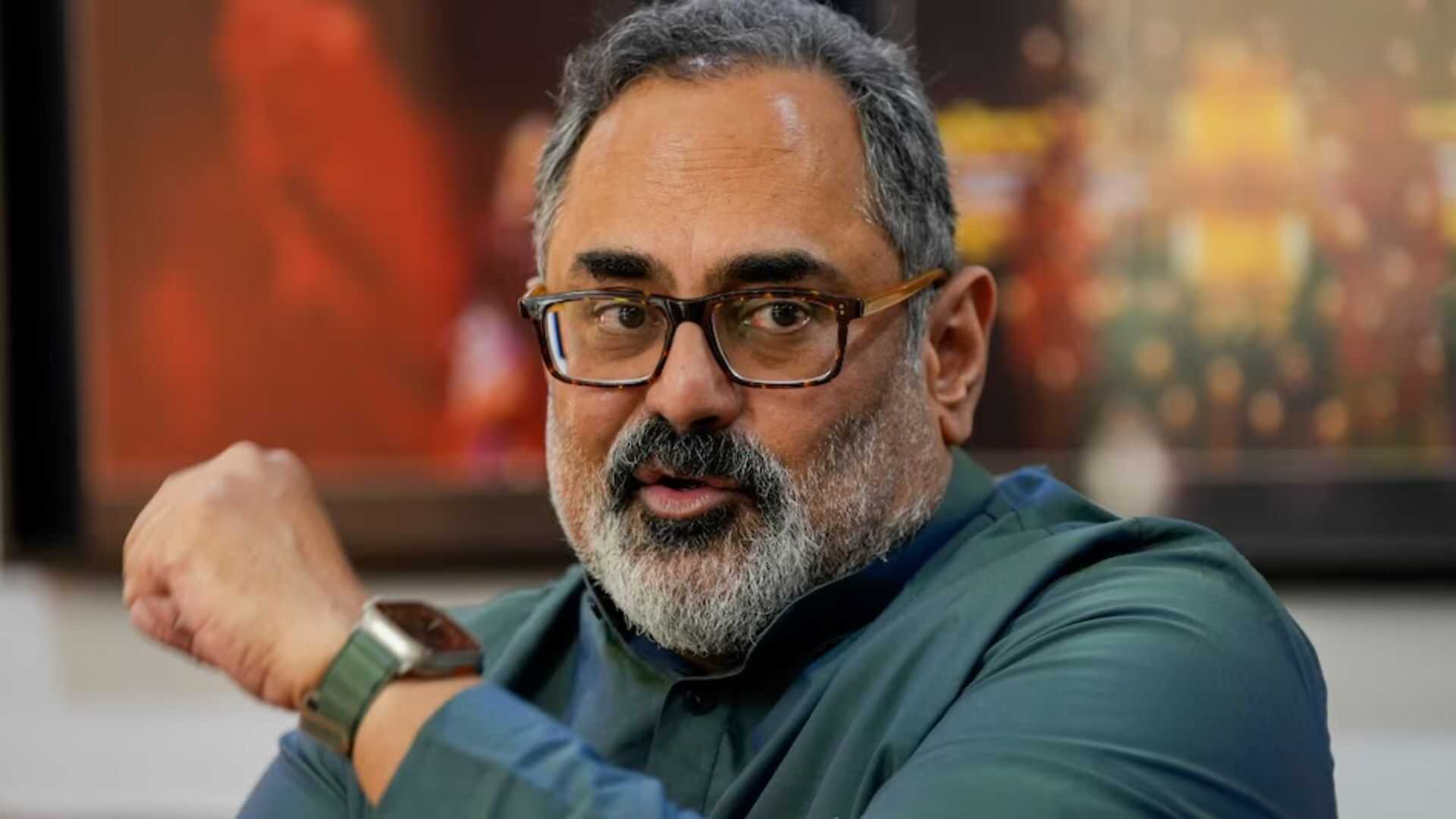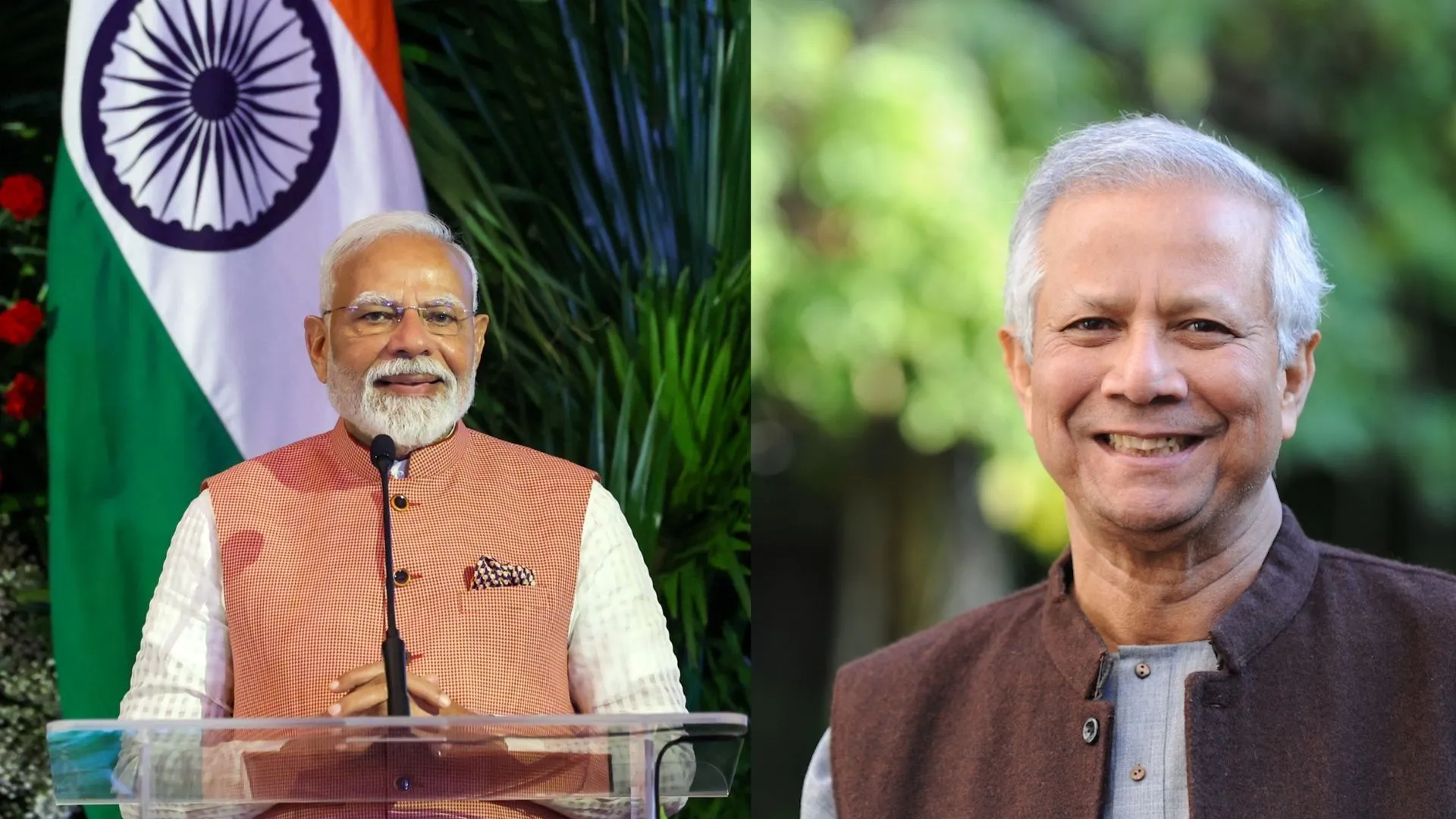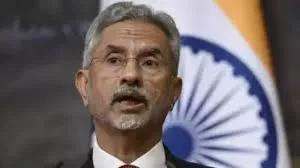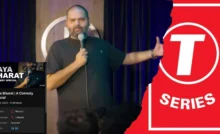Elon Musk, CEO of Tesla and SpaceX, has raised concerns about the security of electronic voting machines (EVMs), advising against their use due to potential vulnerabilities to hacking. His comments come amid global debates over EVM security, particularly following issues in Puerto Rico’s recent primary elections.
“We should eliminate electronic voting machines. The risk of being hacked by humans or AI, while small, is still too high,” Musk posted on X.
The spotlight on EVM security has intensified following controversies in Puerto Rico, where primary elections faced irregularities linked to EVMs. However, a paper trail allowed officials to identify and correct vote tallies.
Musk’s statement was prompted by Robert F Kennedy Jr, who expressed concerns over EVM-related irregularities in Puerto Rico and advocated for a return to paper ballots for election security.
While the US debates EVM security, India presents a different scenario. India uses the tamper-proof M3 EVMs, which enter a ‘Safety Mode’ if tampering is detected.
Former Union Minister Rajeev Chandrasekhar challenged Musk’s statement, calling it a “sweeping generalization.” He stated, “Electronic voting machines can be architected and built right, as India has done.”
Indian EVMs have been upgraded with input from a team of professors from prestigious Indian Institutes of Technology (IITs). The Election Commission of India (ECI) is supported by a Technical Expert Committee (TEC) to ensure EVM robustness and security.
Professor Dinesh K Sharma from IIT Bombay highlighted the unique features of Indian EVMs, stating, “The M3 EVMs have no connection to any other device, not even mains power supply.”
The Supreme Court addressed the issue of cross-verification of votes cast on EVMs through Voter-Verified Paper Audit Trail (VVPAT) machines. The court maintained the current practice of verifying five randomly selected EVMs per Assembly constituency and issued directives to seal and secure symbol loading units after use.









